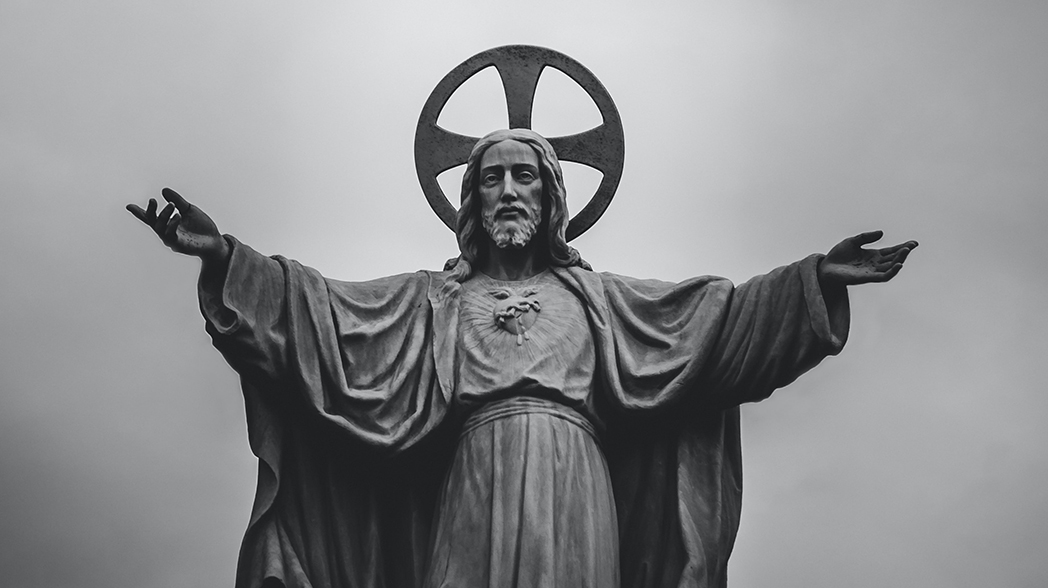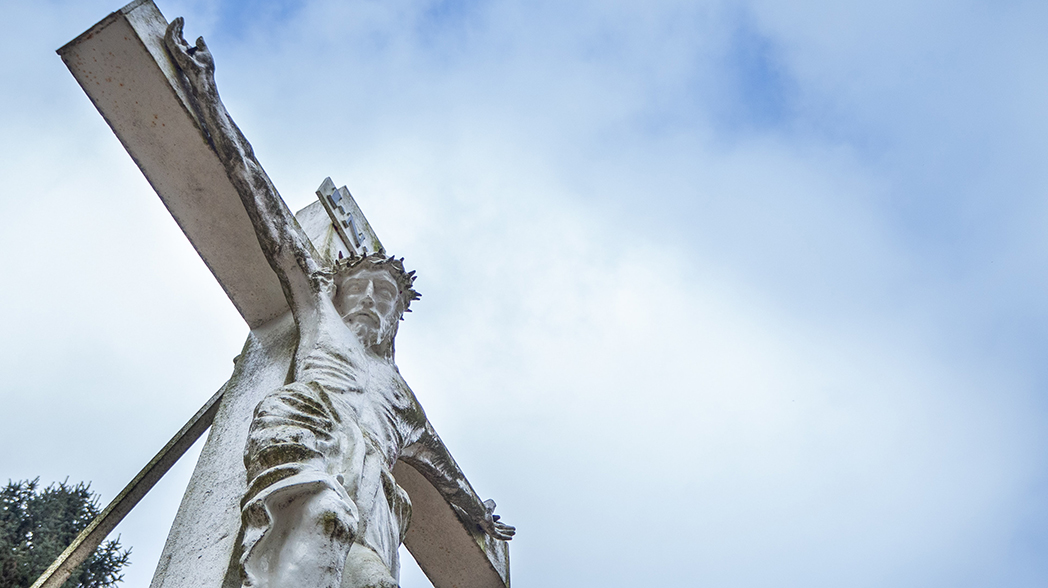By Nicholas Blattner, OFM Cap.
Your experience of interacting with your parents as a young person might be very similar to mine. I remember countless times when I asked my mom and dad for permission to do something or to go somewhere with my friends, only to be met with a quick and firm “no”. This, of course, frustrated me to no end. My friend’s parents let them do what they wanted, why couldn’t they? Why were they so opposed to me having fun? Why was their answer always “no”? Well, maybe not always “no”, but as a teenager it definitely felt like it. But as I grew older, and a little wiser, I slowly started to better understand the true meaning behind their “no”. I’ll give you an example.
I remember the first time I had to watch my little niece, Adyson. My parents had an in-ground pool, and I was responsible for making sure she was safe. I distinctly remember telling her “Adyson, be careful”, “Adyson, no running” or “Adyson you are too close to the pool”. And then in that moment it struck me: the reason my parents often said “no” to me was because they loved me and wanted to keep me safe.
What does this story of my mom and dad always saying “no” have to do with today’s Gospel? Have you ever noticed how many times Jesus says “no” to those around him? He did it in the Gospel today. Let me reread you a portion of it again, with a few of my own words sprinkled in. “At daybreak, Jesus left and went to a deserted place. The crowds went looking for him, and when they came to him, they tried to prevent him from leaving them. But he said to them, “No. I cannot stay with you. To the other towns also I must proclaim the good news of the Kingdom of God, because for this purpose I have been sent.”
How about another example of Jesus saying “no”? This is the story of the healing of the Gerasene demoniac. “The entire population of the region of the Gerasenes asked Jesus to leave them because they were seized with great fear. So he got into a boat and returned. The man from whom the demons had come out begged to remain with him, but he sent him away, saying, “no”. You cannot remain with me. Return home and recount what God has done for you”. The man went off and proclaimed throughout the whole town what Jesus had done for him.
How about one more example? “When the days for his being taken up were fulfilled, he resolutely determined to journey to Jerusalem, and he sent messengers ahead of him. On the way, they entered a Samaritan village to prepare for his reception there, but they would not welcome him because the destination of his journey was Jerusalem. When the disciple James and John saw this, they asked, “Lord, do you want us to call down fire from heaven to consume them?” Jesus turned and rebuked them, saying “no!”
The point is that Jesus, in his ministry, often told people “no”. Not because he didn’t love them or because he didn’t want what was best for them, but precisely because he did love them and knew that saying “yes” wouldn’t be in their best interest. What we need to remember is that whenever Jesus says “no”, or when, like me, your mom and dad told you “no” when you were young and foolish, every “no” was always accompanied by a “yes”.
So here is what my mom and dad would say to me…. “No, Nick, you may not stay out late with your friends.”
Also mom and dad… “Yes, Nick, I want to protect you and keep you safe. And staying out late beyond your curfew will only get you into trouble with your still-developing brain; a brain still in need of much wisdom in decision making.”
What about Jesus in today’s Gospel… “No, I cannot stay with you any longer.”
Also Jesus… “Yes, I must go to other towns to preach the good news.”
Mom and dad… “No, Nick, you may not eat junk food for dinner.”
Also mom and dad… “Yes, Nick, I want you to be a healthy young man.”
Jesus… “No, you cannot stay in my company.”
Also Jesus… “Yes, you must go to others and tell them what I have done for you.”
Again mom and dad… “No, Nick, you cannot take the summer off and hang out with your friends all day.”
Again, also mom and dad… “Yes, Nick, you must get a job because you will learn important life skills that will prepare you for the long road ahead.”
And again Jesus… “No, James and John, I will not reign fire down on the Samaritan people.”
And also Jesus… “Yes, James and John, I love the Samaritan people dearly and do not want them to be harmed.”
When we receive a perceived answer of “no” from God it is, admittedly, not easy and just a little bit frustrating. Why would God say “no” to healing my sick child? Or why would He say “no” to blessing me with a new, stable, good-paying job? Or why would God ever say “no” to anything I ask for? The answer lies in His love for us and His perfect knowledge of what is best, even when we cannot see or understand it. Even if we never learn the reason for His “no” in this life, we must trust Him – not blindly, but with honesty and struggle. For every “no” from God is always accompanied by an even greater “yes.” Our understanding of this, however, requires spiritual maturity.
St. Paul in his letter to the Corinthians reminds the people of this. They were unable to fully grasp what Paul and Apollos were truly preaching about Christ. They were like little children in need of a loving parent with a firm hand, for their own good. So, like a good parent, Paul did what my mom and dad did, he told them what they needed to hear, so that they might grow and mature as people of faith. It’s very similar to how when I was young, I couldn’t fully grasp why my mom and dad always told me “no”. I wasn’t mature enough to understand the reasoning behind their answer. In the words of St. Paul, I was too fleshly. I wasn’t spiritually mature enough yet. But with time, I matured, I learned, and now I know that their “no” was never really “no”, but always a “yes” born out of love.
So let us not grow wear or troubled when we feel like God has not answered our prayers, but let us find solace and comfort in receiving His Most Precious Body and Blood, knowing that our every prayer is heard and answered in God’s own special way.









